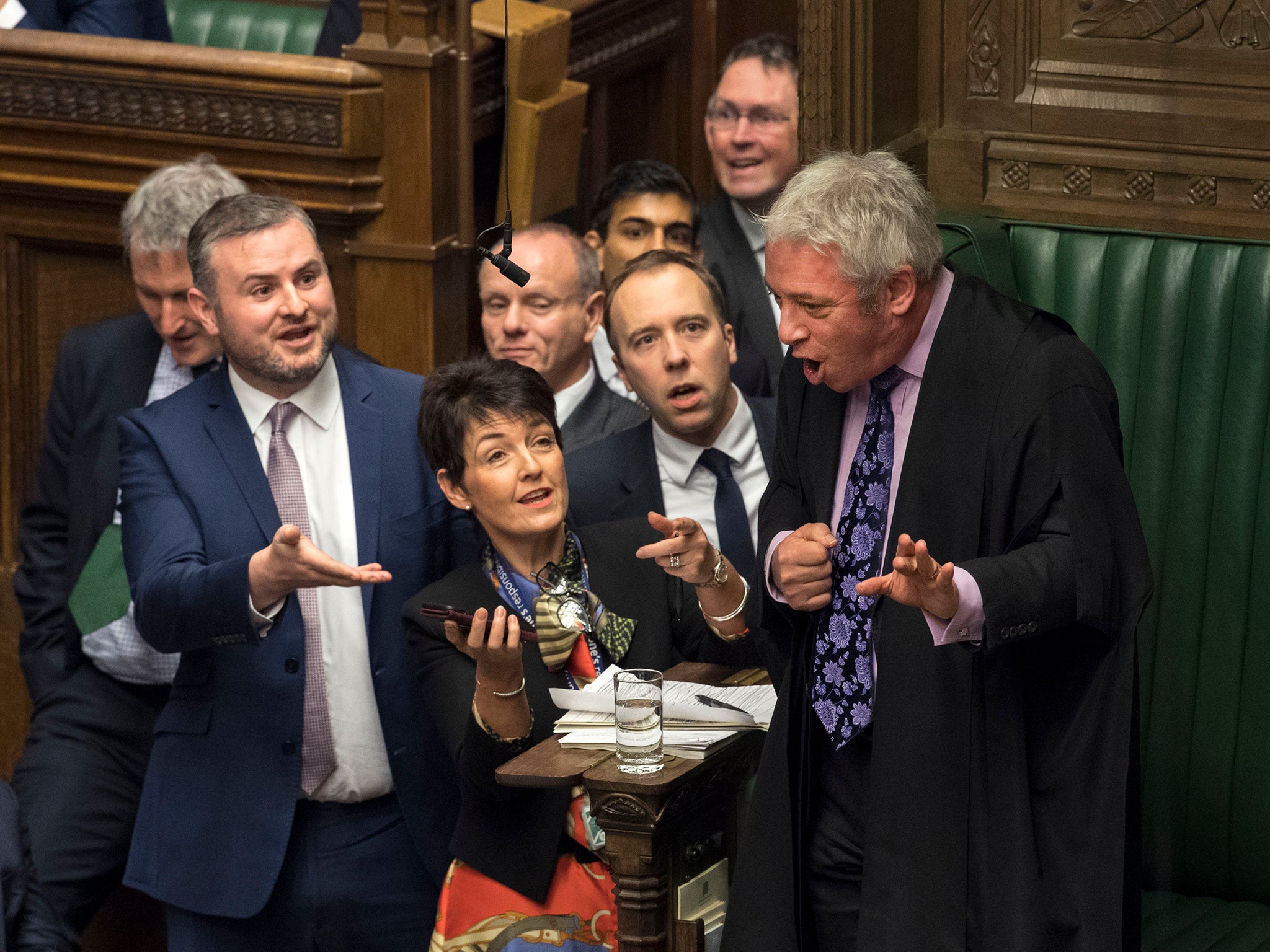Brexit is a mess, so why are MPs not postponing their Christmas break?
Analysis: As parliamentarians prepare to return to their constituencies, Joe Watts explains why they are not staying in Westminster to resolve the political crisis

With the country in the midst of a political crisis, even some MPs have wondered if they should sit through the Christmas break to sort Brexit out.
It is in the government’s gift to decide the recess dates of parliament, when the chambers break up and when they return to sit.
But generally there is a set number of recesses during a year – in the summer, for Christmas, Easter, half terms and during the political party conference season.
These breaks enable MPs to take a holiday but also to spend time working in their constituency, giving them valuable time to do case work and stay connected to the people they represent.
In the past, administrations have played around at the edges of the parliamentary calendar, lengthening or shortening recess depending on how much legislation they think needs to pass in the year ahead, or perhaps on how much they want to avoid scrutiny.
There may also be urgent recalls if there an emergency to discuss. Parliament was recalled to discuss the 9/11 attacks and the ensuing “war on terror”, for example, and then again in September 2002 to debate the “dodgy dossier” that laid the groundwork for the invasion of Iraq the following year.
More recently, recalls have taken place to discuss military action in Syria and to pay tribute to murdered MP Jo Cox.
It is a rare occasion that the government would cancel a recess altogether – but then again, perhaps Brexit could have proved an exception.
Perhaps the real need for extra parliamentary time will come after [the meaningful vote], whether Ms May’s deal is approved or not
The question, though, is whether more debating in the chamber will, at this juncture, enable MPs to resolve the fundamental problems of the situation.
The prime minister has spent a record amount of time taking questions at the despatch box about her Brexit deal, and MPs have had a multitude of long debates on the subject, most crucially about the deal on offer, not to mention hours talking about the various options that may arise if it is voted down.
At this stage in the Brexit saga, the way will only become clearer as the various options that exist for the country are whittled away – with the first to be sliced off likely to be Ms May’s deal.
Yet, until she concludes negotiations with Brussels – talks between diplomatic officials on possible further concessions are ongoing – it can’t be put to a vote.
The government has said the vote will take place no later than the week of 14 January, which allows for at least five more days of debate if needs be, possibly more, once they know what more, if anything, the PM has got to show for her shuttle diplomacy.

Perhaps the real need for extra parliamentary time will come after that point, whether Ms May’s deal is approved or not.
If it is, there is then a raft of legislation that will need to be passed to ensure Brexit is properly administered; if it is not then MPs will need ample time to determine what the country’s next course of action should be.
There are rumours that the February recess could indeed be cancelled to ensure enough time for the votes that could be taking place around that time.
Got an unanswered question about Brexit? Send it to editor@independent.co.uk and we’ll do our best to supply an answer in our Brexit Explained series
Join our commenting forum
Join thought-provoking conversations, follow other Independent readers and see their replies
Comments
Bookmark popover
Removed from bookmarks